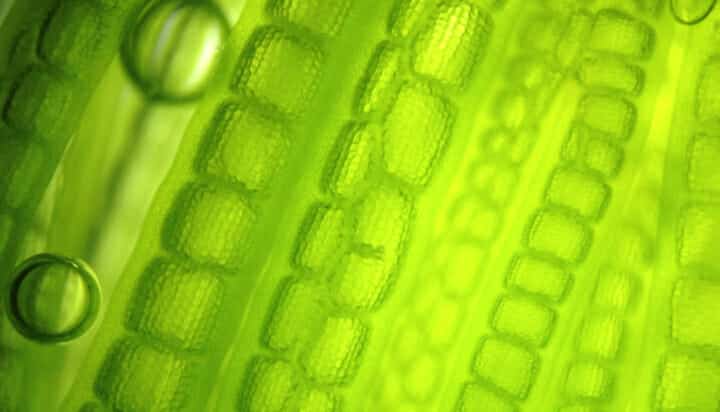Fossilised algae could provide the best historic record of changing global temperatures over the last 500 million years.
That’s the claim made by scientists at the Netherlands Institute for Sea Research (NIOZ) and Utrecht University, who said by using the organic molecule phytane, it is possible to reconstruct the geological past and paleoclimate to make better predictions about future climate conditions.
The product of chlorophyll serves as an indicator of ancient carbon dioxide levels, providing the most continuous record of greenhouse gas concentrations ever, according to the researchers.
It allows a longer time period to be studied than using ice cores, which have a limited time span of a million years.
They say the data confirms the idea that rises in carbon dioxide levels that used to take millions of years are now happening in a century.
Although all organic matter has the potential to reflect carbon dioxide levels, phytane is found nearly everywhere and doesn’t chemically change over the course of time.
The researchers said: “In our data, we see high levels of carbon dioxide, reaching 1,000 parts per million as opposed to today’s 410 parts per million.
“In this respect, present day levels are not unique but the speed of these changes have never been seen before. Changes that typically take millions of years are now happening in a century.”





